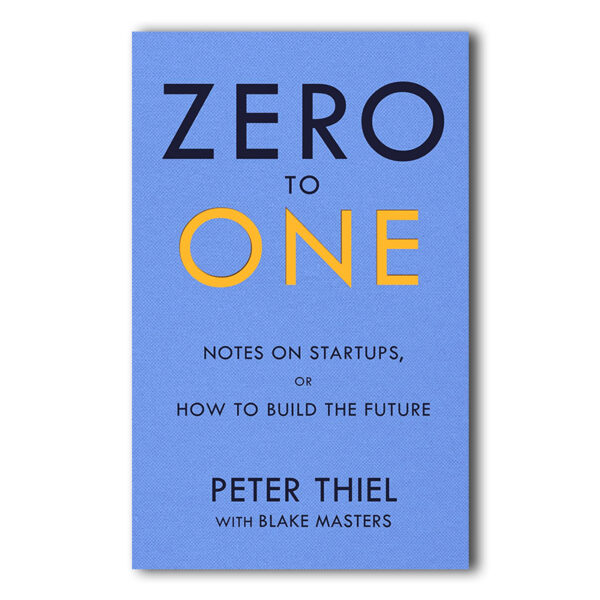
In a startup ecosystem thats always discussing "disruption" and going "founder mode", this book refreshingly deals with something more fundamental. The creation of new value (0 -> 1) vs scaling existing solutions (1 -> n).
Thiel weaves this core discussion into a practical narrative of how successful companies start out, operate, and ultimately come to dominate their markets. Among the various themes throughout the book, some ideas significantly shifted my thinking on business strategy.
-
Competition is bad for business: Being an idealist, I always believed competition is great, and it is, but not for the companies competing. The cons of competing are far too great for companies to not pursue monopoly. Competition forces companies into price wars that erode margins and stifle the very innovation that could differentiate them. It's not about fairness but about escaping the competition entirely by creating something so unique that comparison becomes irrelevant.
-
Distribution beats product. It is a folly of many engineers to assume that a great product sells itself. Thiel explains how it just doesn't. Microsoft Teams exemplifies this principle perfectly: despite being objectively inferior to Slack in user experience and functionality, Teams dominates enterprise markets through Microsoft's existing relationships and aggressive bundling strategies. This is a pattern across industries that we, technical folks consistently underestimate.
-
Cultural fit matters more than credentials. Thiel's advice to hire "the same kind of weird" is solid and one I can relate with. When teams work 12+ hour days under intense pressure, interpersonal friction becomes exponentially more costly. Early-stage companies can't afford the luxury of diverse working styles - they need obsessive alignment on mission and methods. This isn't about creating echo chambers but about ensuring your core team can maintain cohesion when everything else around them is uncertain.
-
Moats determine survival. Whether through proprietary technology, network effects, or economies of scale, successful companies must build defensible advantages before competitors emerge. Without these barriers, even innovative companies eventually face commoditization - selling increasingly similar products for decreasing margins until someone wins through pure cost efficiency.
These insights connect to form a coherent strategy: identify opportunities where you can build something genuinely new, distribute it more effectively than competitors, assemble a team capable of sustained innovation & intensity, and finally construct defenses that prevent others from copying your approach.
Zero to One has earns its reputation not because it provides a formula for startups, but because it asks the right questions about value creation in an economy increasingly dominated by incremental value improvements. I revere this book as both a startup manual and an economic critique - it explains why so many promising companies fail while simultaneously offering a blueprint for avoiding those failures. This book is an essential reading for anyone interested in building and investing in companies.